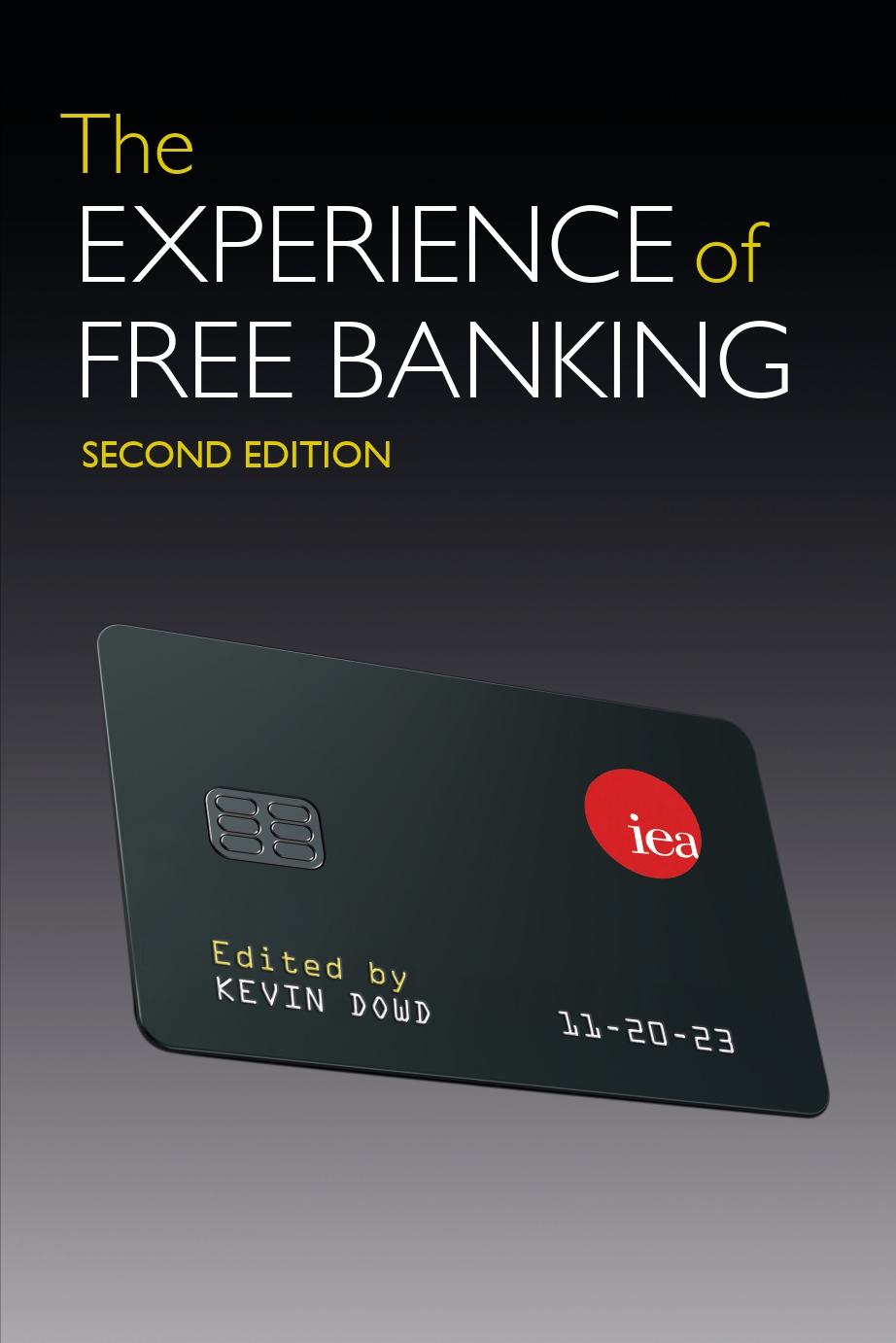

Most ebook files are in PDF format, so you can easily read them using various software such as Foxit Reader or directly on the Google Chrome browser.
Some ebook files are released by publishers in other formats such as .awz, .mobi, .epub, .fb2, etc. You may need to install specific software to read these formats on mobile/PC, such as Calibre.
Please read the tutorial at this link: https://ebookbell.com/faq
We offer FREE conversion to the popular formats you request; however, this may take some time. Therefore, right after payment, please email us, and we will try to provide the service as quickly as possible.
For some exceptional file formats or broken links (if any), please refrain from opening any disputes. Instead, email us first, and we will try to assist within a maximum of 6 hours.
EbookBell Team

5.0
38 reviews“The historical record shows that free banking is not prone to inflation, does not produce banking instability and does not produce a banking monopoly,” says book editor Kevin Dowd, Professor of Finance and Economics at Durham University Business School. “These are big pluses. Plus if it worked in the past, then there is every reason to think it would work again in the future.”
The book comes as Argentina’s new President Javier Milei has pledged to abolish the country’s central bank following triple-digit inflation and decades of monetary mismanagement.
Between 1716 and 1845, Scottish banks issued competing banknotes secured to fixed quantities of precious metals like gold or silver with few government restrictions on the sector. Scotland’s free banking period delivered stability, low inflation, and economic growth.
Adam Smith, in The Wealth of Nations, highlighted the significant role played by Scottish banking in the country’s economic development. Scotland’s per capita income increased from half of England’s in 1750 to nearly equal by 1845.
Scottish banks over this period failed at half the rate of England’s, demonstrating the system’s stability. It also delivered innovations such as extending bank branches, interest payments on deposits and an early form of overdraft.
Scotland’s successful period under free banking contrasts with the record of the Bank of England, which has played a central role in multiple economic crises, episodes of financial instability and inflation. Economist Kurt Schuler, a chapter author, writes “that London was the storm centre of so many eighteenth- and nineteenth-century panics suggests that the Bank of
…